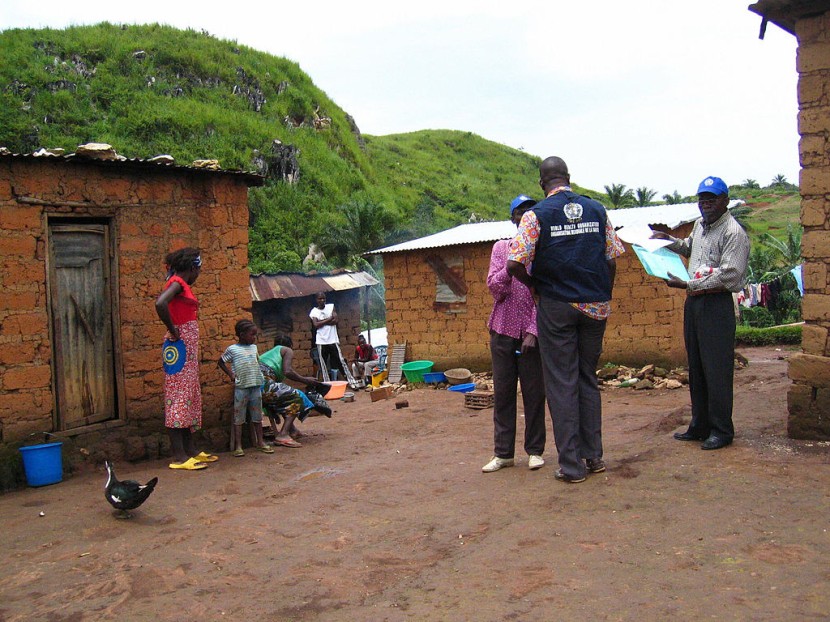
West African authorities reported that a male resident died after testing positive for the Marburg virus, an Ebola-like disease, amid the struggle of health officials to contain the infection before it becomes extremely infectious, the World Health Organization (WHO) said.
Officials said the victim fell sick and showed signs of "fever, headache, fatigue [and] abdominal pain" last month in Gueckedou in Guinea. The area was close to the borders with Sierra Leone and Liberia, the WHO announced on Monday.
Deadly Ebola-like Virus
The man reportedly died on August 2, after his tests showed he was infected with the Marburg virus, a highly infectious disease which results in hemorrhagic fever. Medical experts said that the disease's fatality rate was up to 88%, the international health agency said.
Officials said that the suspected origin of the Marburg virus is the bats; the virtus was then transferred to human hosts. Dr. Matshidiso Moeti, the regional director for Africa for the WHO, said the potential of the Marburg virus to spread far is an immediate call to stop it in its tracks, Fox News reported.
The WHO sent 10 experts to support local officials in Guinea, who also reported that at least 146 people were believed to have had contact with the victim before he died. Moeti said that they were working with local health authorities to quickly respond to the threat of the Marburg virus, which has been observed in previous times during the Ebola outbreak.
Medical experts revealed that the spread of the Marburg begins in animals, such as monkeys or fruit bats, who transmit the virus to humans. Human-to-human transmission is then made significantly easier and threatens a surge of cases. Some patients infected with the virus were also reported to have bled through body openings like their eyes and ears, the WHO said, Fox News reported.
Surge of COVID-19 Cases
Africa has previously been the hotspot and origin of outbreaks and sporadic cases, with many diseases being reported in Angola, the Democratic Republic of the Congo, Kenya, South Africa, and Uganda. The first Marburg outbreak was recorded in Germany in 1967, where seven people lost their lives. In 2005, the virus took the lives of more than 200 people in Angola, which was considered the deadliest outbreak recorded, the WHO said.
The coronavirus pandemic in Africa has also continued to surge with health officials struggling to contain the disease. In the last month, fatalities skyrocketed past 80%. Phionah Atuhebwe, WHO's vaccine introduction officer for the African region, said the country was observing an unprecedented rise in the number of COVID-19 cases.
In the last 28 days, officials reported an increase of deaths from 13,242 to 24,987, an 89% increase compared to the previous month. Director-General Tedros Adhanom Ghebreyesus of the WHO said during a Friday news conference that the Delta variant is primarily responsible for the massive surge of cases and deaths worldwide. The strain is considered to be much more transmissible and fatal than the original strain of the virus, CNN reported.
Related Article: US Military Officials to Require Vaccination Among Staff by September 15
© 2026 HNGN, All rights reserved. Do not reproduce without permission.








